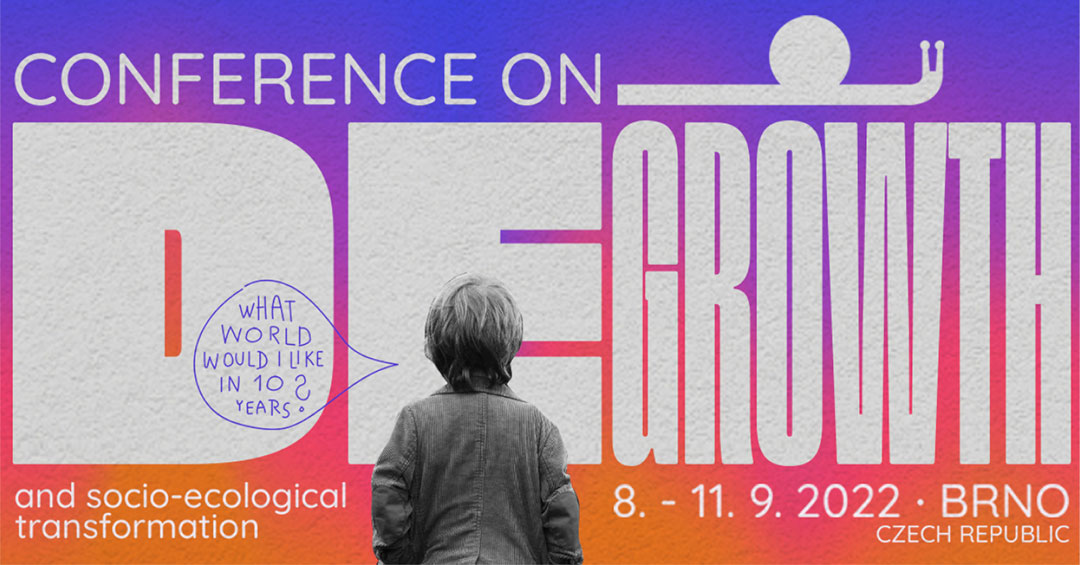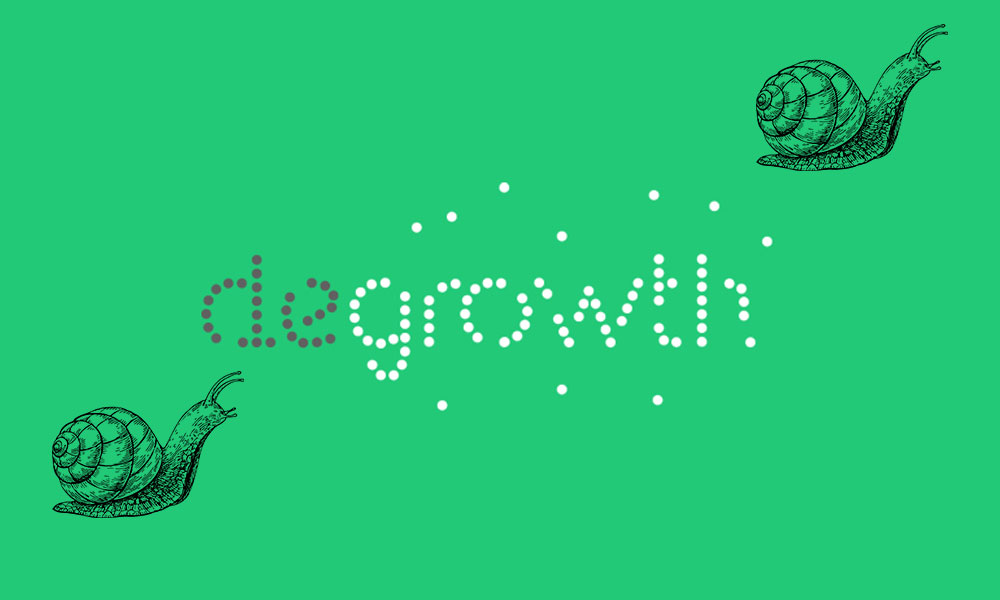
Networking and exchange meeting No.2
Building bridges: Degrowth in post-communist European countries
When working on a socio-ecological transformation there is a lot to learn from different regions and cultures, specifically those that have undergone transformations in the past. This thought lies at the heart of the project „Partnership for Dialogue on Degrowth and Socio-Ecological Transformation“ run by partners from the Czech Republic – namely Re-set, NaZemi and the Department of Environmental Studies of Masaryk University – and Germany represented by the Konzeptwerk Neue Ökonomie. The project consists of several meetings, of which the second took part on June 24th-26th 2022 in Leipzig. It was attended by the project participants as well as activists from local movements, who took part in various workshops concerning the topics of degrowth and socio-ecological transformation. An office tour at Konzeptwerk Neue Ökonomie and planning of the upcoming conference on “Degrowth and socio-ecological transformation” completed the agenda.
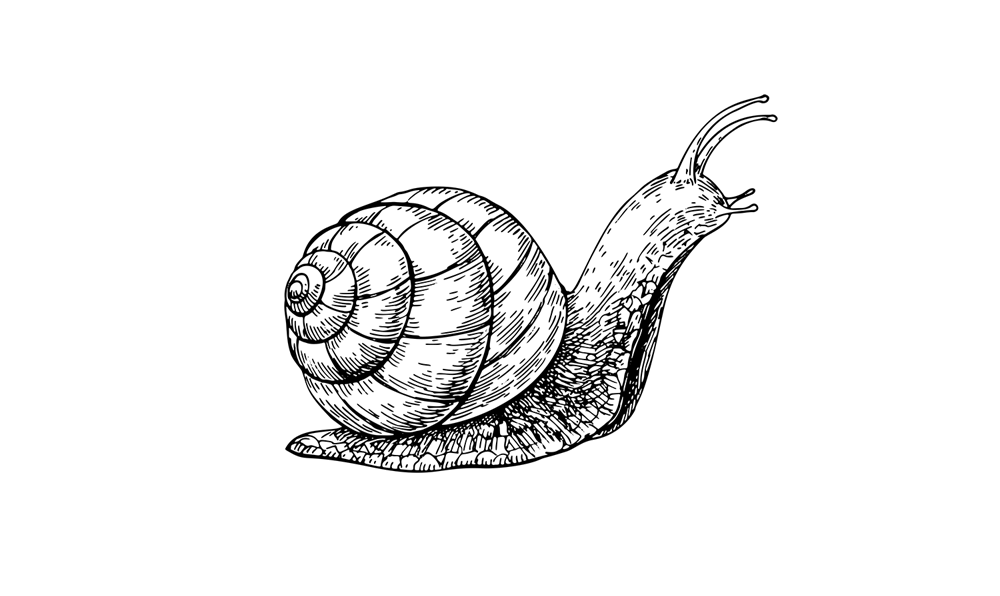
After getting to know each other and introducing the participant’s groups and organisations we started with the first programme block focusing on a more practical approach of degrowth and had an inside look at the financial and organizational structure of Konzeptwerk Neue Ökonomie.

Our goal was to achieve a better understanding of the interconnections between a post-socialist transformation and the degrowth debates. Only then can we identify links to promote a socio-ecological transformation, that includes a profound and emancipatory social change.
In the former socialist countries, struggles for a socio-ecological transformation meet the transformation experiences of the older generations. These experiences can give insights as to whether and how, under what conditions and with what limits, processes of profound and emancipatory change are desirable and can be shaped.
The post-socialist transformation processes after 1989 in Central and Eastern Europe had a massive impact. De-industrialization was followed by a catastrophic economic decline, a sharp rise in unemployment and persistent processes of marginalization and exclusion. While post-socialist societies continued to be growth-dependent and became even more growth-oriented in the wake of the neoliberal turn, the social and political consequences of the transition years are still present today. Realising this, it is no wonder when people in the former socialist countries are not very enthusiastic about further attempts to transform society. However, the experiences and skills that people acquired before, during and after the periods of upheaval are relevant to the degrowth discourse in many ways. They provide valuable information about how transformations unfold and can be shaped in the first place. As a good example of that we had a closer look at the (semi)subsistence agriculture, which is widespread in Central and Eastern Europe, and discussed Lilian’s study on Datchas in Eastern Estonia as a particularly exciting example of how growing food in one’s own garden served people as a way to secure the supply of food as well as to increase its diversity and quality.
Sponsored by the

Visual components of the Erasmus+ programme

Partner-Organisations:
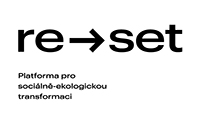

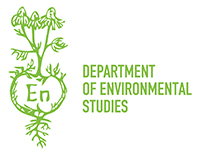

The sole responsibility for the content of this webpage lies with the authors. It does not necessarily reflect the opinion of the DZS and the European Commission or Communities. The DZS and the European Commission is not responsible for any use that may be made of the information contained therein.
TRAG UNS MIT
Im Konzeptwerk setzen wir uns für eine gerechte und ökologische Wirtschaft ein, die ein gutes Leben für alle sichert.
Wir haben Ideen, Mut und brauchen einen langen Atem. Den kannst du uns geben.
Unterstütze das Konzeptwerk mit einer regelmäßigen Spende und trage uns mit.

